
Acclimatization : Adapting to Environmental Changes for Survival
Acclimatization is the process of temporary adjustment of an organism to changes in its environment, such as alterations in altitude, temperature, humidity, etc. This allows it to maintain fitness and adaptability in a variety of environmental conditions.
Why Do You Need Acclimatization

At high altitudes we face a lack of oxygen due to a decrease in atmospheric pressure, so acclimatization is a biological process of producing more red blood cells and increasing the flow of oxygen in the blood, which makes it possible to normalize the heart rate.
Ignoring Acclimatization can lead to certain medical conditions, such as ( Acute mountain sickness)
The further enhancement of the AMS can cause HAPE( High altitude pulmonary edema )
And HACE ( High altitude cerebral edema )
How You Can Help Your Body In Acclimatization?
Ascend Gradually
Always try to ascend Gradually, going slow prevents exhaustion and allows your body to gradually Acclimatize
Keep Yourself Hydrated
In the mountains, it is cold so trekkers don’t prefer to drink plenty of water
It is necessary to drink a minimum of 4 liters of water every day
You can take fluids in the form of hot soup, tea, or in the form of other beverages as well
Balanced And Nutritious Diet
Always try to eat a balanced and Nutritious diet and avoid more spicy and oily food
Clothing
Wear clothes suitable for the new environment. In the cold, layer up your clothing to keep you warm, and wear light and breathable clothing for a sunny day
Try to change your clothes after reaching to next camp
Sleep Low And Climb High
Ascend to a higher altitude during the day and then descend to a lower altitude to spend the night. This method allows your body to experience the thinner air at higher elevations while still getting a chance to recover and adjust during the nighttime
Sleep Well In The Mountain
Never try to sleep during the day in the mountains, if you sleep during the day then you will definitely have bad sleep at midnight.
Avoid Smoking and Drinking Alcohol
Always try to avoid smoking and drinking in the mountains it can depress your respiratory drive and increase the risk of AMS
Symptoms of not Getting Properly Acclimatized
- Mild Headache
- Vomiting
- Shortness of breathing
- Dizziness
- Loss of appetite
- Tiredness
If you are facing this mild then your body is telling you don’t gain more elevation, your body needs more time to function. If you keep gaining elevation then it turns into AMS
How To Deal With AMS?
Increase Water Intake
Staying well hydrated can reduce the effects of AMS
Start Descending
If the symptoms show no signs of abating, then start descending
Medication
Some medications, such as acetazolamide (Diamox), can help you to prevent and reduce the symptoms of AMS. However, these should be taken under the guidance of a medical professional
About Author

Himalaya Shelter
Recent news
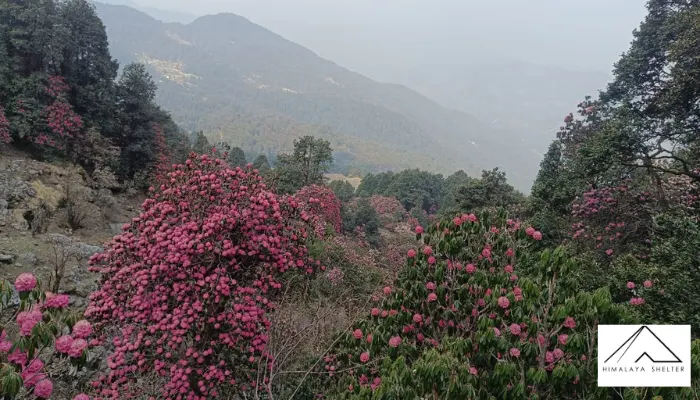
16 Feb 2026
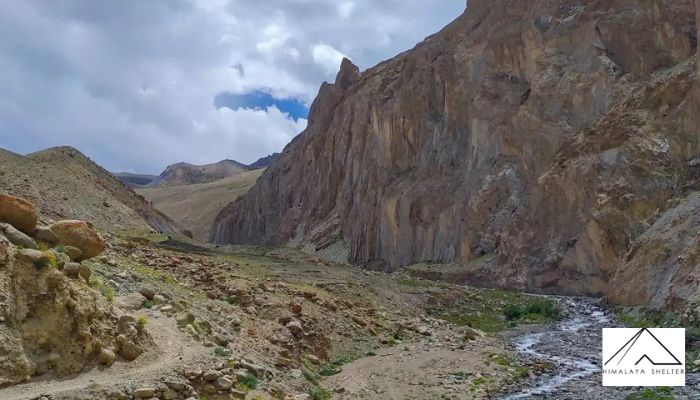
11 Feb 2026

11 Feb 2026
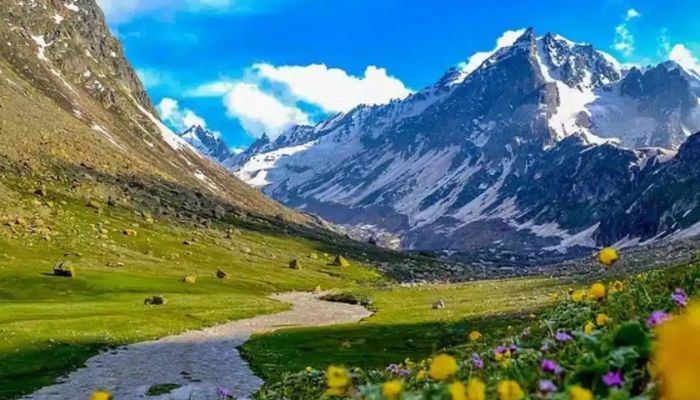
10 Feb 2026
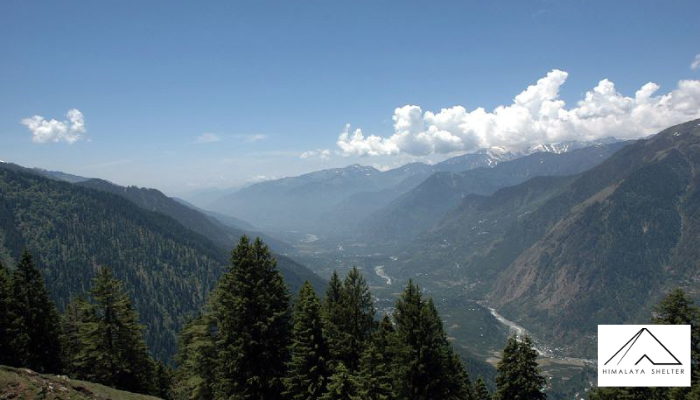
05 Feb 2026
Recommended Treks

Cost: ₹11500 | $132
Type: Moderate
Best Time: January, February, March, April, October, November, December
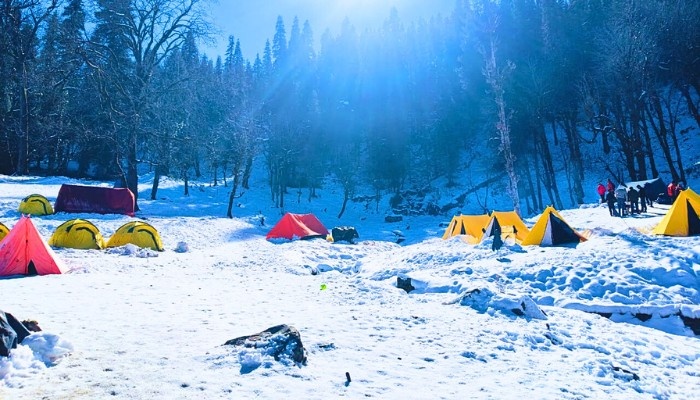
Cost: ₹7500 | $83
Type: Easy
Best Time: January, February, March, April, October, November, December

Cost: ₹17999 | $206
Type: Moderate
Best Time: January, February, March, April, June, September, October, November, December


Cost: ₹12500 | $142
Type: Moderate
Best Time: March, April, May. June, September, october, November